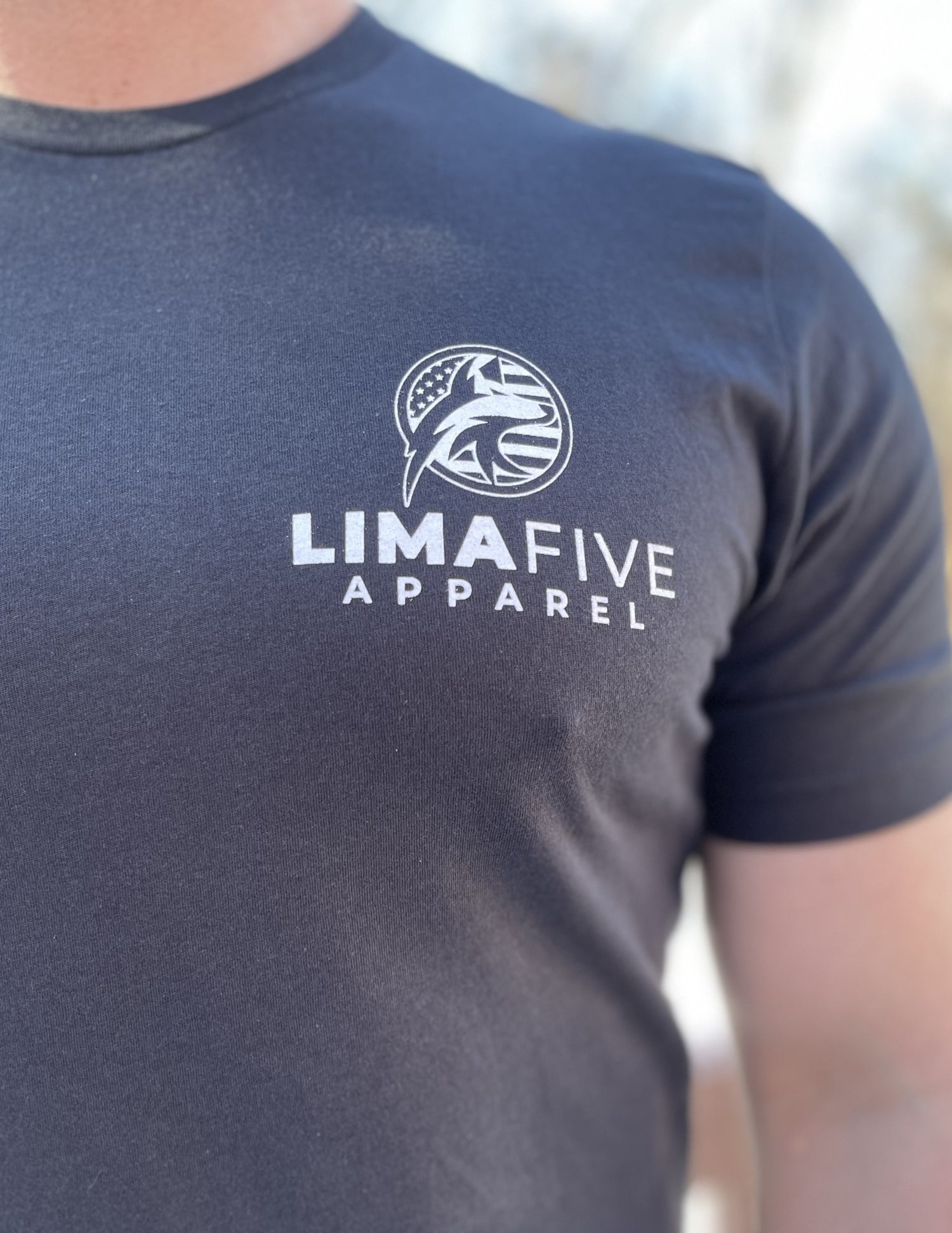For many veterans, the battle doesn’t end when they leave the battlefield. The transition from military to civilian life can be a difficult journey, particularly for those grappling with the invisible wounds of war—Post-Traumatic Stress Disorder (PTSD). PTSD can be a debilitating condition, marked by anxiety, flashbacks, nightmares, and a range of emotional challenges. But in recent years, a new kind of hero has emerged to help veterans heal: service dogs.
These specially trained animals are more than just companions; they are lifelines for veterans struggling with PTSD. The bond between a veteran and their service dog can offer emotional stability, a sense of security, and a renewed sense of purpose. Let’s explore how these remarkable animals are playing a vital role in the healing journey of our nation’s heroes.
The Impact of PTSD on Veterans
PTSD is a serious mental health condition that affects many veterans who have experienced traumatic events during their service. The symptoms can vary but often include severe anxiety, flashbacks, hypervigilance, and difficulties with sleep and concentration. These symptoms can make everyday life challenging and can lead to isolation, depression, and even suicidal thoughts.
For veterans with PTSD, simple tasks like going to the grocery store or attending a social event can be overwhelming. The constant state of alertness and the fear of potential triggers can make it difficult for veterans to reintegrate into civilian life. This is where service dogs come into play.
The Role of Service Dogs in PTSD Treatment
Service dogs are specially trained to perform tasks that directly address the symptoms of PTSD. These dogs are not only loyal companions but also skilled in recognizing and responding to the unique needs of their handlers. For veterans with PTSD, service dogs can provide:
-
Emotional Support: Service dogs offer unconditional love and companionship, which can help alleviate feelings of loneliness and isolation. Their constant presence can provide a calming effect, helping veterans manage anxiety and stress.
-
Nightmare Interruption: Many veterans with PTSD suffer from night terrors and nightmares. Service dogs are trained to recognize signs of distress during sleep and can wake their handlers, interrupting the nightmare and providing comfort.
-
Grounding Techniques: When a veteran experiences a flashback or panic attack, a service dog can use grounding techniques, such as nuzzling or pawing, to bring their handler back to the present moment. This physical contact can help reduce the intensity of the episode.
-
Security and Confidence: Service dogs can perform tasks that enhance a veteran’s sense of security. For example, they can check rooms before the veteran enters, providing reassurance in unfamiliar environments. This increased sense of safety can encourage veterans to engage more with the world around them.
-
Encouragement to Socialize: Service dogs require regular exercise and outdoor time, which can encourage veterans to leave their homes and interact with others. This can be a significant step in breaking the cycle of isolation that often accompanies PTSD.
Real-Life Stories of Healing
The impact of service dogs on veterans with PTSD is profound and well-documented. Numerous veterans have shared stories of how their service dogs have transformed their lives, offering a renewed sense of purpose and a pathway to healing.
One such story is that of a Marine Corps veteran who struggled with severe PTSD after multiple deployments. He found it difficult to leave his house and was plagued by nightmares and anxiety. After being paired with a service dog, he began to regain control of his life. His dog was trained to wake him during nightmares and provide comfort during panic attacks. Over time, the veteran reported significant improvements in his mental health and quality of life, crediting his service dog with helping him reconnect with the world around him.
The Science Behind the Bond
The bond between a veteran and their service dog is not just emotional; it’s also physiological. Research has shown that interacting with dogs can lead to a reduction in stress hormones like cortisol and an increase in oxytocin, a hormone associated with bonding and emotional well-being. This hormonal shift can help veterans manage their PTSD symptoms more effectively.
Moreover, the routine and responsibility of caring for a service dog can provide structure in a veteran’s life, which is often disrupted by PTSD. The sense of purpose that comes from caring for another living being can be a powerful motivator in the recovery process.
The Need for Support and Awareness
While the benefits of service dogs for veterans with PTSD are clear, there is still a need for greater support and awareness. Training a service dog is a time-intensive and costly process, and not all veterans have access to these life-changing animals. Organizations that provide service dogs to veterans often rely on donations and community support to continue their work.
As a society, we can play a role in supporting these initiatives by raising awareness about the impact of PTSD and the vital role service dogs play in helping our veterans heal. By supporting organizations that train and place service dogs with veterans, we can ensure that more heroes have access to the help they need.
Conclusion: A Lifelong Bond
For veterans with PTSD, service dogs are more than just animals—they are partners in the journey toward healing. These dogs provide not only physical support but also emotional stability, helping veterans navigate the challenges of life after service. The bond between a veteran and their service dog is a testament to the power of loyalty, love, and the healing connection between humans and animals.
As we honor the sacrifices made by our veterans, let us also recognize the incredible role that service dogs play in their lives. These four-legged heroes are truly healing heroes, offering hope, comfort, and a path to recovery for those who have given so much for their country.




